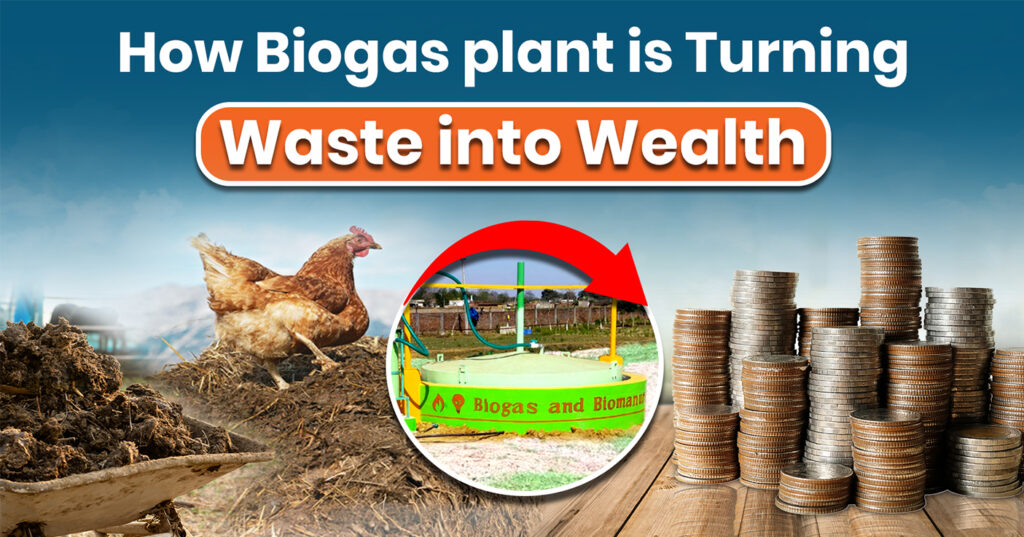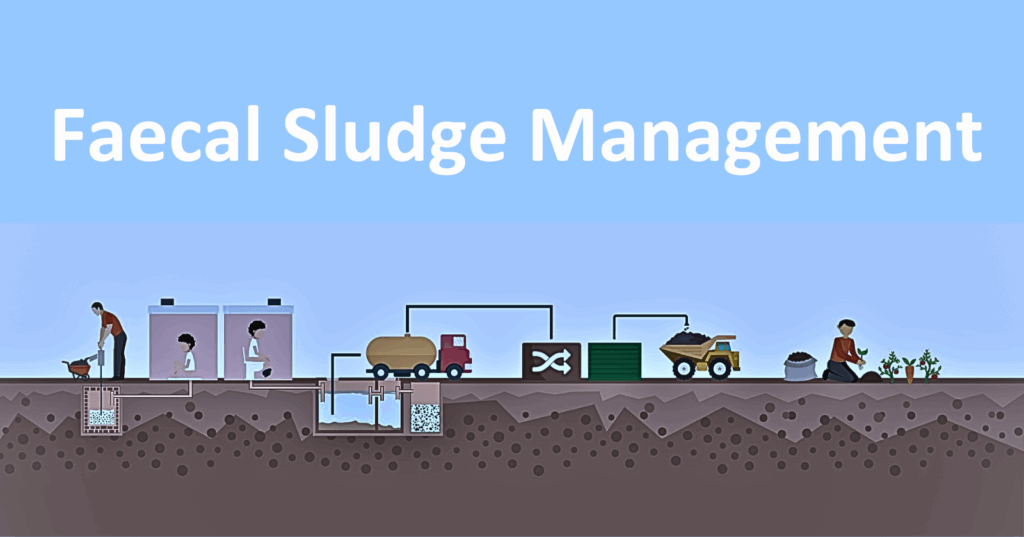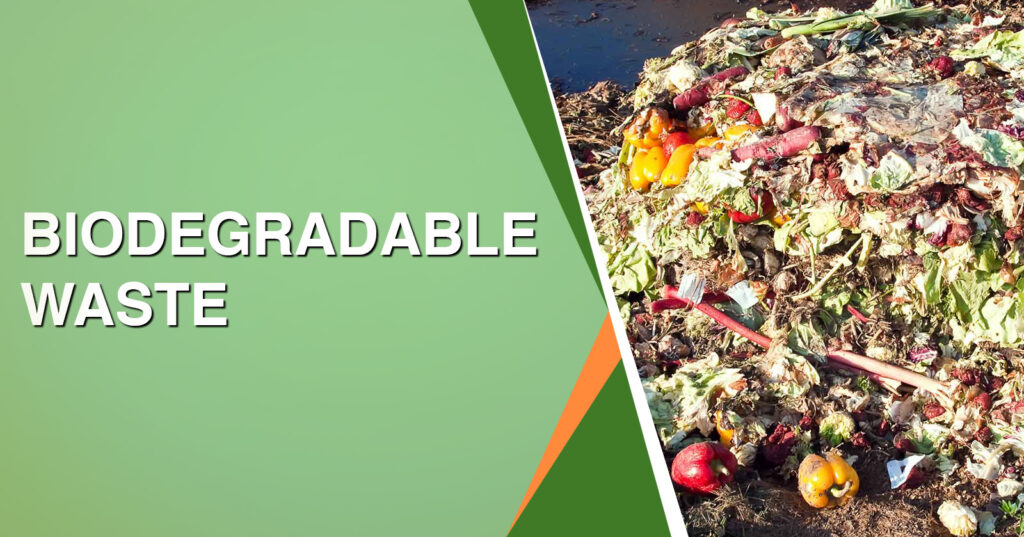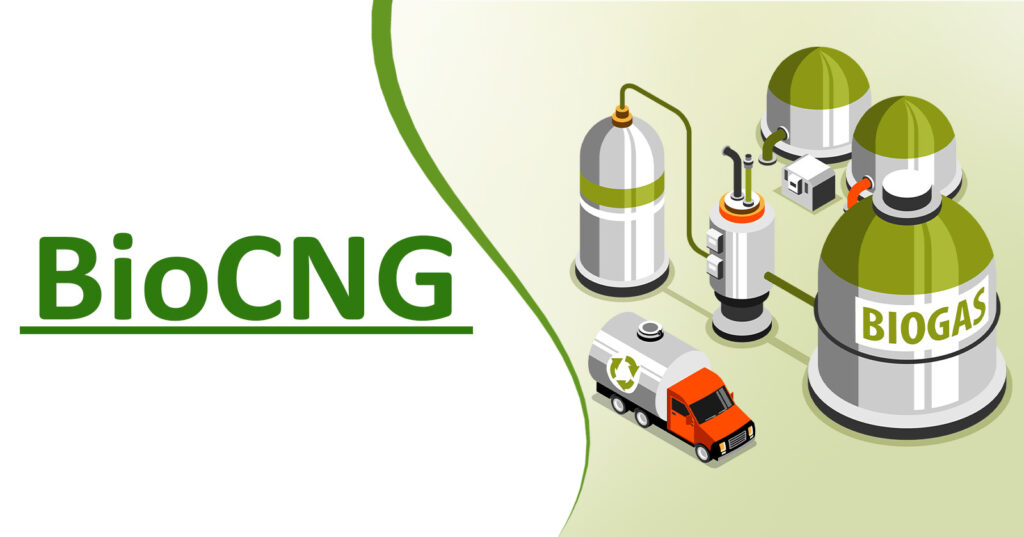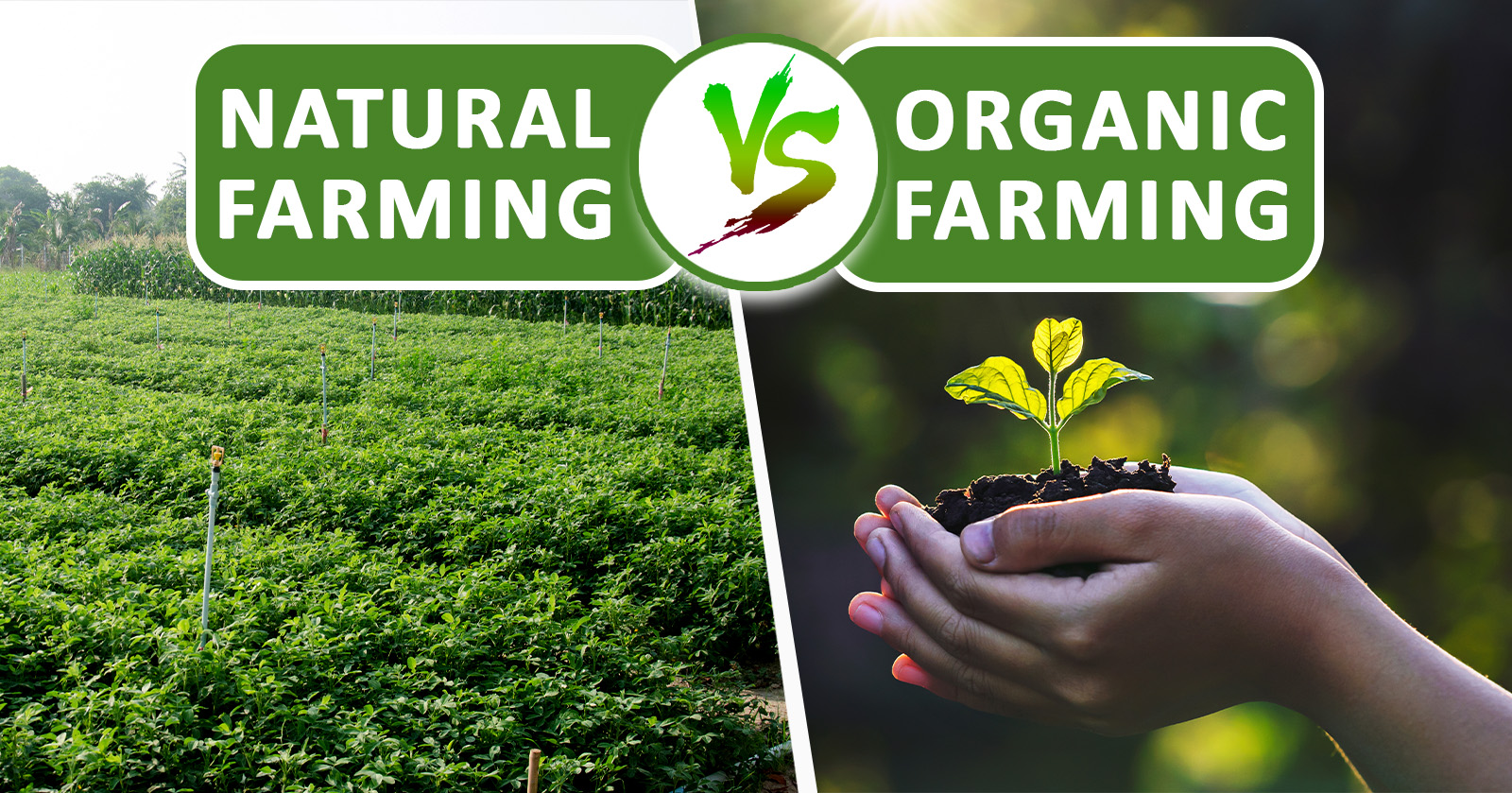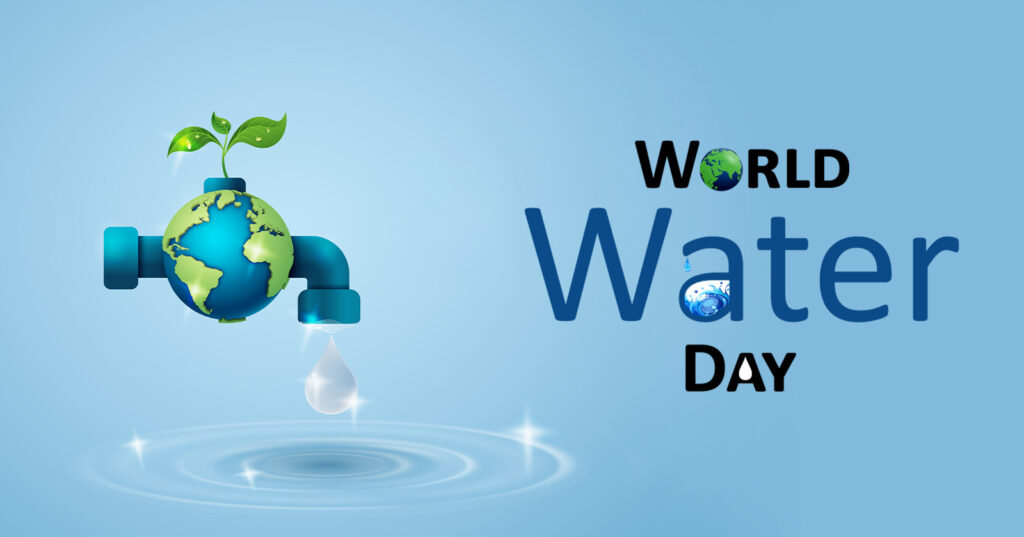Natural Farming vs Organic Farming: A Closer Look
In recent years, the debate on Natural farming vs organic farming has gained massive attention as people grow more concerned about food safety, environmental sustainability, and human health.
Both natural farming and organic farming focus on sustainable agricultural practices that maintain ecological balance, enhance soil fertility, and reduce dependency on chemical inputs.
However, understanding natural farming vs organic farming can be confusing since both seem similar but differ in approach and philosophy. Let’s understand what makes them unique and how they contribute to sustainable agriculture.
What is Natural Farming?
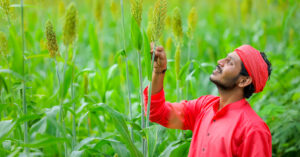
Natural farming is based on nature’s wisdom and minimal human interference. This concept, introduced by Japanese pioneers like Masanobu Fukuoka and Mokichi Okada, promotes the idea of “do-nothing farming.”
In natural farming, farmers work in harmony with nature, avoiding synthetic fertilizers, pesticides, or even animal manure. The focus is on maintaining the natural ecosystem, improving soil fertility through biological activity, and allowing plants to grow naturally.
In the discussion of natural farming vs organic farming, natural farming represents a completely self-sustaining, eco-friendly approach that avoids all external interventions.
What is Organic

Organic farming is a structured and science-based agricultural system aimed at boosting productivity and ensuring ecological balance. Unlike natural farming, organic farming allows some organic inputs like compost, manure, and natural pest control measures.
When comparing natural farming vs organic farming, organic systems follow strict guidelines and certifications such as NPOP (India) or USDA Organic (USA). These ensure t
Farming?
hat farmers avoid harmful chemicals while maintaining soil health and biodiversity.
Similarities between Natural Farming and Organic Farming
When it comes to farming in a way that’s good for the environment, natural farming and organic farming are like two peas in a pod. They might use different techniques, but they both care deeply about nature and farming sustainably. Here are some ways they’re alike:
- No Synthetic Chemicals: Both natural and organic farming strongly oppose the use of synthetic chemicals in agricultural techniques. By avoiding synthetic fertilizers, pesticides, and herbicides, these methods prioritize soil health while protecting delicate ecosystems from the negative effects of chemical contaminants
- Soil Health Enhancement: Both natural and organic farming promote healthy soil and techniques such as crop rotation, vermicomposting, and cow dung manure, which improve soil structure and nutrient content while encouraging resistance of plants and yields.
- Biodiversity Promotion: Natural and organic farming promotes the growth of diverse plant species, protects against diseases and pests, and improves ecosystem health through companion planting and intercropping.
Thus, in the comparison of natural farming vs organic farming, both prioritize sustainability and environmental harmony.
Differences Between Natural and Organic Farming:
Even though both organic farming and natural farming aim for sustainable, chemical-free agriculture, they take different paths to get there. Let’s break down some of the key differences between the two:
| Aspect | Organic Farming | Natural Farming |
| External Inputs | Uses organic fertilizers like compost and manure. | Avoids external inputs altogether, even organic ones. |
| Microbial Action | Depends on the addition of organic materials. | Encourages microbial activity and decomposition on the soil surface. |
| Regulation | Subject to specific guidelines for organic certification. | Generally less regulated. |
| Cost | Can be more expensive due to the need for bulk manures. | Often considered low-cost due to reliance on local biodiversity. |
So, while organic farming might involve more regulated practices and can be pricier due to the need for specific inputs like manure, natural farming takes a simpler, less interventionist approach, often relying on the natural processes already at work in the environment. Both have their pros and cons, but they’re both striving for the same goal: farming in harmony with nature.
Key Guidelines: Natural farming suggests zero outside interference to achieve sustainable agriculture, while organic farming allows for little intervention within established values and methods.
Local Definitions and Cultural Variations: Natural farming follows local conditions and adjusts to location-specific demands, whereas organic farming complies with globally recognized standards, maintaining consistency across regions.
The Role of Artificial Nutrients: Natural farming does not use synthetic inputs, relying rather on ecosystem fertility, whereas organic farming excludes synthetic pesticides and GMOs but may allow selected synthetics under particular conditions.
Wrapping Up
To summarize, both natural farming and organic farming provide sustainable alternatives to traditional agriculture by prioritizing soil health, biodiversity, and environmental sustainability. While they have similar purposes and ideas, they differ in their approach, limitations, and reliance on external input.
Finally, both natural and organic farming aim to cultivate in harmony with nature, prioritizing ecological balance, soil health, and less reliance on chemical alternatives.
Farmers, consumers, and stakeholders can all contribute to a more sustainable agriculture system by selecting the strategy that best aligns with their values, resources, and local conditions.
Frequently Asked Questions (FAQs)
Question: What is the main goal of natural farming?
Answer: Natural farming works with nature, using fewer human efforts and avoiding any synthetic or outside inputs to keep the soil healthy and maintain balance in the environment.
Question: How is organic farming different from natural farming?
Answer: Organic farming follows a structured system with global standards, allowing limited use of approved organic inputs. Natural farming avoids all external inputs and relies entirely on natural ecosystem cycles.
Question: Which method is more affordable for small farmers?
Answer: Natural farming is generally more affordable as it avoids the use of expensive organic inputs, whereas organic farming may involve higher initial costs for certified inputs and compliance.
Question: Is there a certification for natural farming?
Answer: Currently, natural farming does not have global certification standards. While organic farming follows recognised certification processes like India’s NPOP or international standards like USDA Organic.
Question: Can farmers earn more from natural or organic farming?
Answer: It depends on the market and region. Organic products often have higher market prices due to certification. Natural farming may reduce input costs, but it may take time to show higher profits. Both can increase income level in the long run with sustainable practices.


